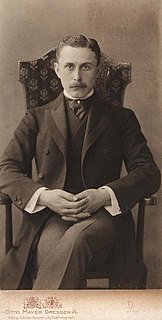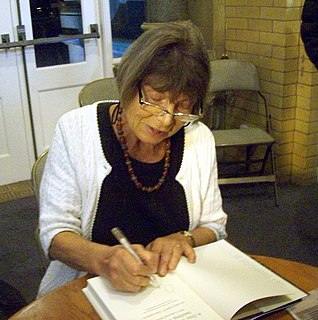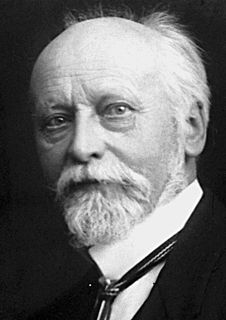A Quote by Harold Bloom
What is supposed to be the very essence of Judaism - which is the notion that it is by study that you make yourself a holy people - is nowhere present in Hebrew tradition before the end of the first or the beginning of the second century of the Common Era.
Related Quotes
For hundreds of millions of people, the fall of the Berlin Wall was a great triumph: The moment marked the end of hated dictatorships and the beginning of a better era. But for the KGB officers stationed in Dresden, the political revolutions of 1989 marked the end of their empire and the beginning of an era of humiliation.
Liberated from the error of pagan tradition through the benevolence and loving kindness of the good God with the grace of our Lord Jesus Christ, and by the operation of the Holy Spirit, I was reared from the very beginning by Christian parents. From them I learned even in babyhood the Holy Scriptures which led me to a knowledge of the truth.
In the 20th century, we had a century where at the beginning of the century, most of the world was agricultural and industry was very primitive. At the end of that century, we had men in orbit, we had been to the moon, we had people with cell phones and colour televisions and the Internet and amazing medical technology of all kinds.
Lettering is a precise art and strictly subject to tradition. The 'New Art ' notion that you can make letters whatever shapes you like,is as foolish as the notion, if anyone has such a notion, that you can make houses any shapes you like. You can't, unless you live all by yourself on a desert island.
If the present tax rates had been in effect from the beginning of our century, many who are millionaires today would live under more modest circumstances. But all those new branches of industry which supply the masses with articles unheard of before, would operate, if at all, on a much smaller scale, and their products would be beyond the reach of the common man.
Contemporary Christianity, diverse and complex as we find it, actually may show more unanimity than the Christian churches of the first and second centuries. For nearly all Christians since that time, Catholics, Protestants, or Orthodox, have shared three basic premises. First, they accept the canon of the New Testament; second, they confess the apostolic creed; and third, they affirm specific forms of church institution. But every one of these - the canon of Scripture, the creed, and the institutional structure - emerged in its present form only toward the end of the second century.




































